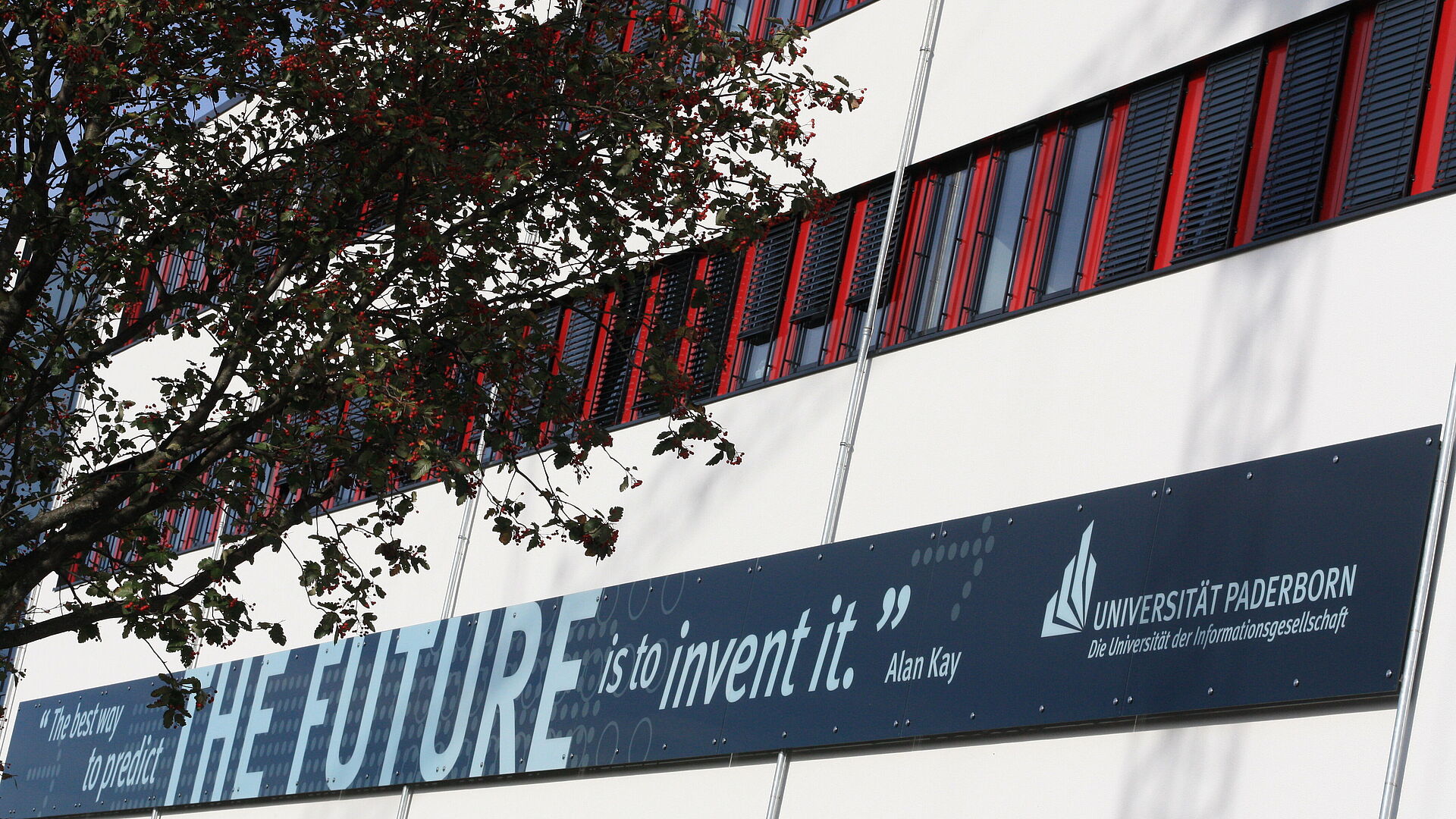Welcome to SelPhys 2025
May 22-23, 2025, Paderborn, Germany
Inspired by biological examples, self-awareness has become a hot research topic in a variety of disciplines and its applicability has been explored in various application domains. Self-awareness demonstrates potential to facilitate highly resilient and adaptive behavior. Thus, self-awareness holds the promise to promote dependability in all types of smart gadgets and
artificial agents in the interconnected world. The main purpose of this workshop is to strengthen and extend the community and to try to develop a shared and communal understanding of the main concepts underlying self-awareness with respect to cyber-physical systems. Currently, self-awareness is studied in a range of different communities, where the underlying assumptions, definitions, and goals differ significantly. This workshop will provide a forum for reflections and in-depth discussions of the pivotal concepts of this field, which will serve as a basis for building an integrated scientific community and for developing future research projects. One topic of particular interest for the 6th edition of SelPhys is “learning in self-aware systems”.
We seek previously published or unpublished contributions for oral and/or poster presentations on research relevant to self-awareness in cyber-physical systems on, but not limited to, the following topics and application areas.
SelPhys 2025 Call-For-Papers in PDF.
Submission
Workshop submissions (one page extended abstract, IEEE Conference A4 format) must be sent as PDF only. Organizers will sort the abstracts according to their relevance and expected impact to the workshop outcome. The number of presentation time slots is limited. We will inform the authors of accepted submissions about the decision and proposed presentation format by the selection deadline. Authors of accepted submissions will have the opportunity to make their work public at the workshop website, but there will be no obligation to do so.
Please send submissions to Lukas Esterle: lukas.esterle@ece.au.dk
Deadline for extended abstracts: 31 March 2025
Selection deadline: 18 April 2025
Topics & Application Areas
Topics
- Learning in self-aware systems
- Self-awareness in resource-constrained distributed systems
- Self-awareness in hardware, operating systems, and applications
- Self-awareness facilitating autonomous, adaptive, or resilient behavior
- Validation, verification, safety
- Architectures and design methods
- Systems with other self-* properties
- Demonstration, measurement, or quantification of self-awareness
Application Areas
- Cyber-physical systems, including but not limited to sensor networks, transportation, robotics, and healthcare
- Internet of things
- Industry 4.0
- System-on-Chip
- Machine-to-machine communication
Steering Committee & Local Host
Steering Committee
Bryan Donyanavard, San Diego State University
Nikil Dutt, University of California, Irvine
Lukas Esterle, Aarhus University
Andreas Herkersdorf, Technical University of Munich
Axel Jantsch, TU Wien
Peter Lewis, OntarioTech University
Nima TaheriNejad, Heidelberg University
Local Host
Marco Platzner, Paderborn University, platzner@upb.de
Venue & How to Get Here
Coming soon.
Hotel Recommendations
Coming soon.
